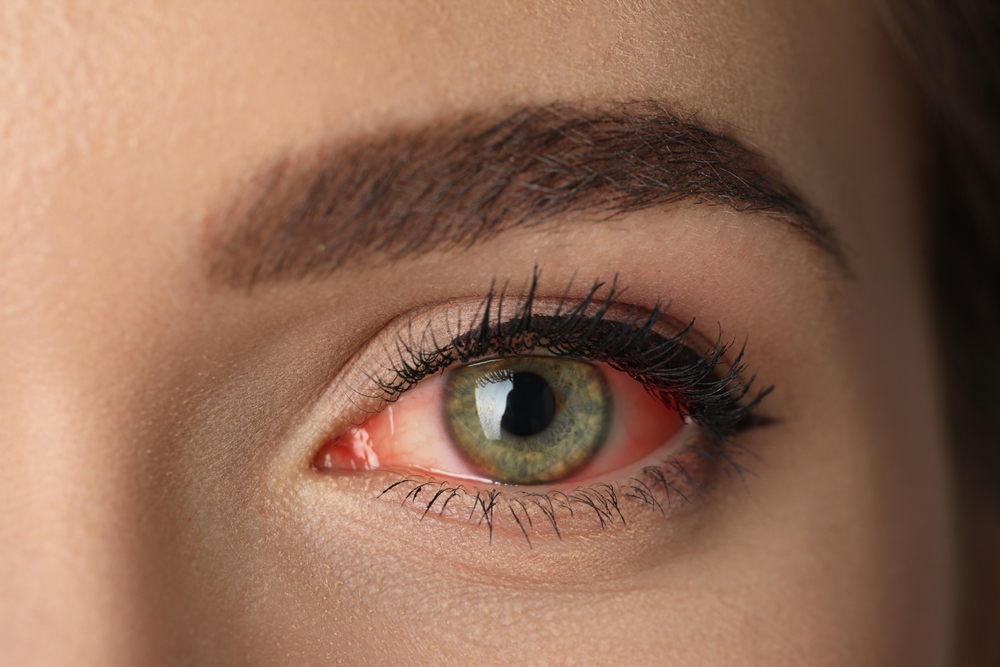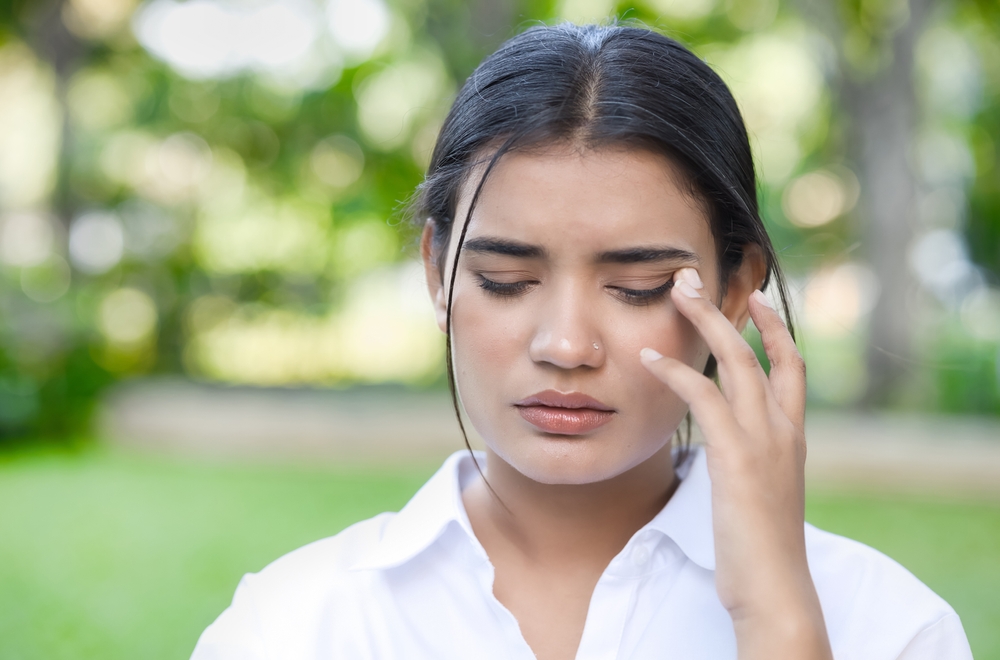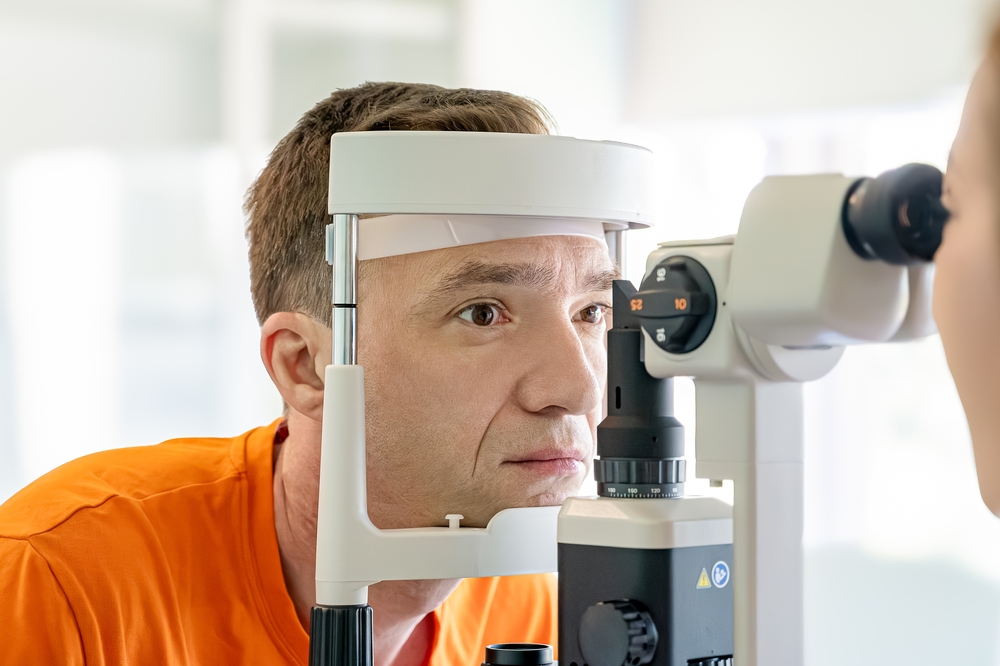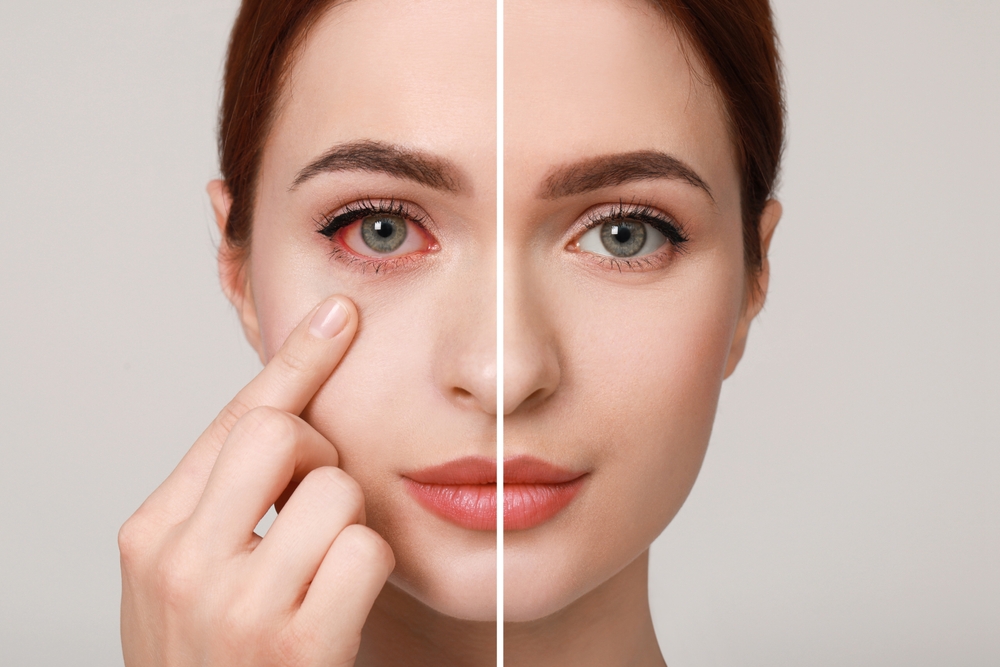Dr. Stephen Nevett and Associates Blog
Learn more about optometry care in our blog!

If you spend hours each day on a computer, tablet, or smartphone, you’ve likely heard about blue light glasses. Marketed as a solution for digital eye strain, disrupted sleep, and eye fatigue, these lenses have become increasingly popular. But are blue light glasses actually effective?

Pink eye, or conjunctivitis, is a common condition that can affect people of all ages. While it’s often mild, some cases can be highly contagious or indicate a more serious eye infection requiring urgent eye care.

For many people, the idea of waking up with clear, crisp vision sounds life-changing. As one of the most popular vision correction procedures, LASIK has helped millions reduce or even eliminate their dependence on corrective eyewear.

Most people think of dry eye as simply a lack of moisture - but sometimes there’s much more to the story. Dry eye disease is a complex condition that affects the quality and stability of your tears. When the tear film isn’t functioning properly, the surface of your eyes can become irritated, inflamed, and uncomfortable. Recognizing the signs early is key to preventing long-term damage and maintaining clear, comfortable vision.

Many adults assume that if they can see clearly and aren’t experiencing any discomfort, there’s no need to schedule an eye exam. However, regular eye exams are important for everyone - even when your vision seems perfectly fine. These routine visits are essential for maintaining eye health, detecting early signs of disease, and ensuring that your eyes continue functioning at their best.

For many parents, it can feel like a yearly ritual: the school year starts, and before long, their child is squinting at the board or struggling to see clearly again. Nearsightedness, or myopia, is one of the most common vision problems in children and it often seems to worsen more quickly during the academic year. But why does this happen?

When your eyes become red, itchy, and watery, it can be difficult to know whether you’re dealing with pink eye (conjunctivitis) or just seasonal allergies. Because these conditions share similar symptoms, understanding the key differences can help you decide when it’s time to seek professional care.

Most people think of colorblindness as a condition present from birth, but it’s possible to develop changes in color vision later in life. While inherited colorblindness is more common, acquired color vision problems can occur as a result of health conditions, eye diseases, medications, or aging. Understanding the causes and when to seek help is important for maintaining your vision health.

In today’s digital world, it’s nearly impossible to avoid screens. Whether you’re working on a computer, scrolling through your phone, or relaxing with your favorite TV show, digital devices are an essential part of modern life. But have you noticed your eyes feeling tired, dry, or unfocused after extended screen time? If so, you might be experiencing digital eye strain.

Clear vision plays a vital role in your child’s development, from learning in the classroom to staying active and safe during play. One of the most common vision problems affecting children today is myopia, also known as nearsightedness. While it may seem like a minor issue, myopia can interfere with many aspects of your child’s daily life if left undiagnosed or untreated. Understanding how myopia affects your child and the importance of early eye exams and effective management is key to supporting their long-term vision health.







